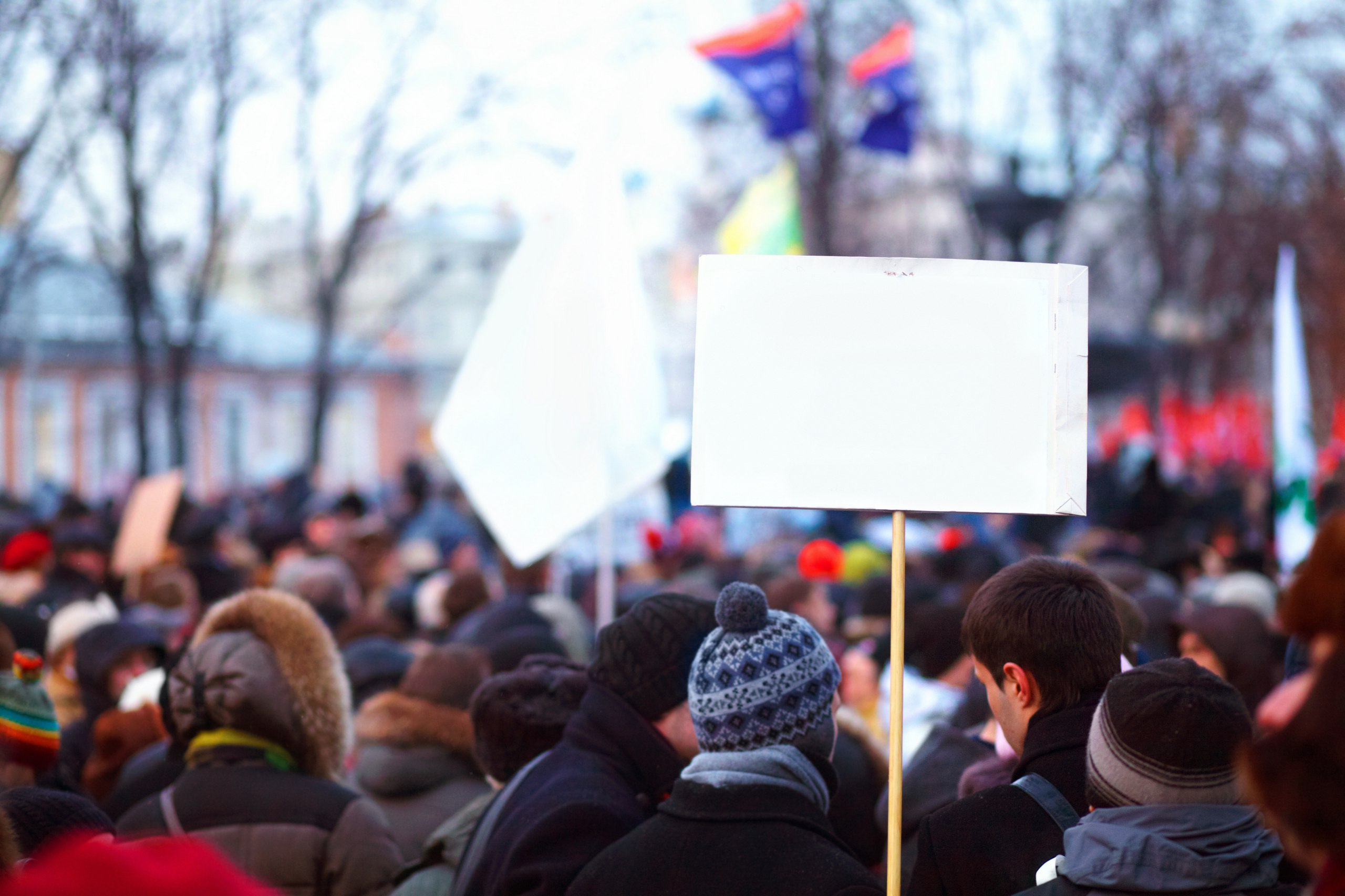Society and political parties
 The situation got worse
The situation got worse

Strategy of Democratic Forces for the 2025 Elections: To Boycott or to Participate
 The situation got worse
The situation got worse

photo: elements.envato.com
You have been successfully subscribed
Subscribe to our newsletter
Once a week, in coordination with a group of prominent Belarusian analysts, we provide analytical commentaries on the most topical and relevant issues, including the behind-the-scenes processes occurring in Belarus. These commentaries are available in Belarusian, Russian, and English.


EN


BE/RU
Situation in Belarus
January 20 – January 26
Constitutional referendum: main consequences


April 12, 2022
Speakers: Anatoliy Lebedko, Andrei Kazakevich
 Video
Video
How to count the political prisoners: are the new criteria needed?


March 28, 2022
Speakers: Aleh Hulak, Aleh Aheyeu, Viachaslau Kasinierau
 Video
Video
Paternalism In Decline, Belarusian Euroscepticism, And The Influence Of Russia


October 11, 2021
 Video
Video
A Nuclear Power Plant Could Break Down. So, Why Not Build a Spare?

January 20 – January 26
Will the Consumer Boom Continue in 2025?

January 13 – January 19
Not a Step Back. Not a Step Forward: Chasing “Victory” in the Cold Waters of Uncertainty

January 6 – January 12
2024: Life Behind the “Iron Curtain”. 2025: A Game of Monopoly or the Path of Dependence

December 30 – January 5
The Shift from West to East Turned into a Fiasco for Lukashenka Regime

January 20 – January 26
The West Has Defined Its Position on the Presidential “Pseudo-Elections”

January 13 – January 19
Democratic Forces Rely on Poland’s EU Presidency

January 6 – January 12
2024: On the Path to Sanctions Synchronization. 2025: No Breakthroughs

January 1 – January 7
The Kremlin Plans to Absorb Belarus to Establish a Military Stronghold Against NATO

January 20 – January 26
Minsk and Moscow Prepare for “Zapad-2025” Exercises and Do Not Plan to Invite NATO Observers

January 13 – January 19
The Lukashenka Regime Concerned About the Incursion of Belarusian Volunteers Amid the Presidential Elections

January 6 – January 12
2024: Everything is ready for war escalation. 2025: Reopening of the “northern front” against Ukraine

January 1 – January 7
Democratic Forces: International Isolation of the Regime and Decreased Influence on the Domestic Political Agenda

January 20 – January 26
Tsikhanouskaya-2025: The Connecting Element in the Architecture of Democratic Forces

January 13 – January 19
Democratic Forces: From Warsaw to Brussels

January 6 – January 12
2024: The Year of Political Unity for Democratic Forces. 2025: A Fragile Coalition in a Time of Political Turmoil

January 1 – January 7
The Dictator’s Benefit: The Regime Passed a Stress Test

January 20 – January 26
Propaganda Ahead of Election Day: Lukashenka Is Immortal, Merciful, and Invincible

January 13 – January 19
The Election Nears Its Final Stage: Everything Is Going According to Plan

January 6 – January 12
2024: The Year of Cult of Personality Formation. 2025: Electoral Catharsis of the Regime

December 30 – January 5









